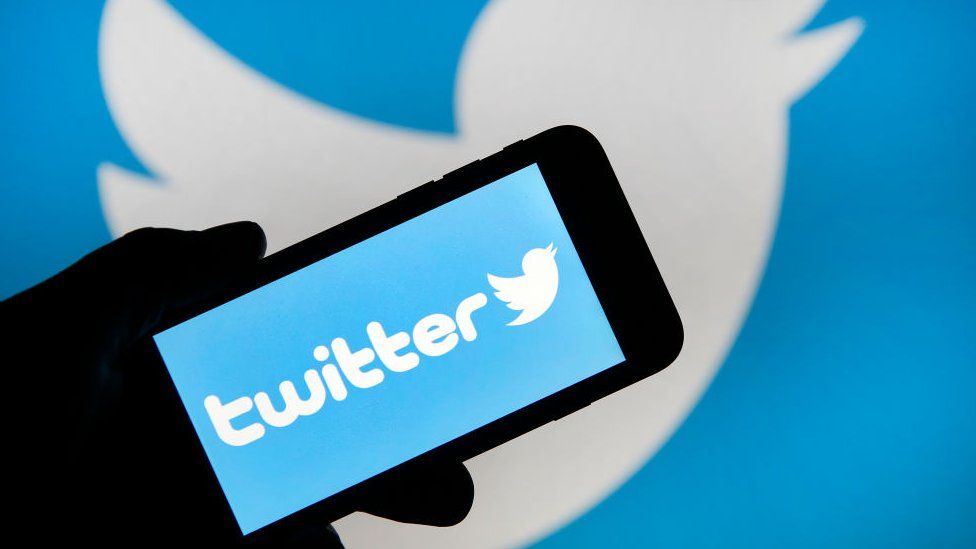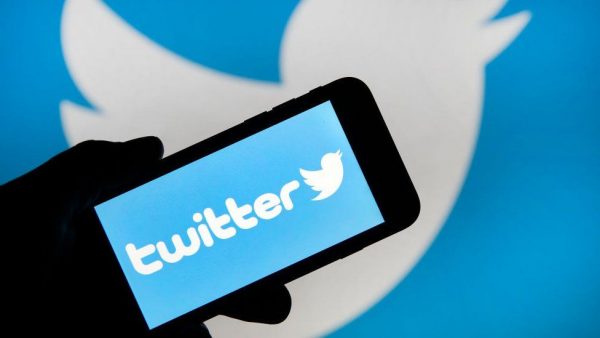On Friday, June 4, Nigeria’s Minister of Information and Culture, Lai Mohammed, announced that the government was suspending the operations of Twitter in Nigeria ”indefinitely.” The ministry cited “the persistent use of the platform for activities that are capable of undermining Nigeria’s corporate existence” as the reason for its move.
Read more about FinTech
This happened a couple of days after Twitter deleted a Tweet by President Buhari which is deemed to have violated its term of use. It’s widely assumed that both events are connected.
Besides the discussions around the events themselves, many have begun to ponder the effects the Federal Government’s actions could have on Nigeria’s economy.
The Immediate Blowback
Spare a thought for people who earn a living off Twitter. Micro-influencers, online retailers, and small businesses who target a specific kind of audience—the kind that spends most of its social media time on that platform –may be hit quite hard.
Perhaps they will all find a way around this setback. But it could take them a while to garner the following they’ve built on the app for months and years.
What has made Twitter valuable for many Nigerians is the extent to which it allows for connections. It’s an open terrain; as a result, numerous high-value partnerships and hires have happened there. These can be attempted on other platforms, but the scale of success may be much smaller.
Nigeria’s tech community may be on the edge about all of this.
“Nigerian startups now need one additional slide in their pitch deck—Regulatory Risk,” said Dr Tayo Oyedeji, a tech and marketing expert.
For an example of regulatory risk materialized, tech industry insiders often point to bike hailing companies (Gokada, ORide, and Max NG) whose operations were threatened by a ban on motorbikes in Lagos State in 2020.
This perceived regulatory risk may have informed Twitter’s decision to choose Ghana over Nigeria for its Africa headquarters, which it announced in April.
Sign up to the Connect Nigeria daily newsletter
Effects At The Macro Level
This is probably the more concerning plane for Nigeria.
Nigeria isn’t the first country to ban Twitter’s operations within its borders. China, Iran, North Korea, and Turkmenistan have all shut the social media platform.
The governments in these countries are generally considered dictatorships. And, although some investors aren’t wary of staking money on countries run by ‘strong men’, they are quick to pull out when a disruptive policy is announced.
Not everyone thinks President Buhari’s government has reached the dictatorial depths of China. Yet, several economists and business leaders are warning that the Federal Government’s latest action may scare Foreign Direct Investment (FDI) away from the country.
“This is not funny because we will all pay for this,” Tunji Andrews, founder of micro-pension company Awabah Nigeria, warned on Twitter. “Eurobond market, local bond market, stocks, foreign investments, etc. We will pay in full.”
In simple terms, stakeholders are worried that investors will read the government’s action as anti-business, and a signal that they could reverse policies on a whim, potentially causing them to lose money. This is precisely what investors don’t want in a country they’re looking to invest in.
If this perception persists (or if it’s reinforced by similar actions later on), FDI could stagnate or shrink. And Nigeria may struggle even more to meet its basic obligations around infrastructure and security.
Final Words
Perhaps there’s a need to deescalate the heated argumentation occurring in Nigeria’s public space about now. But silencing perceived opposition may not be the best path to take. It presents the world with a poor image of Nigeria, both politically and economically, and may roll back the few gains accrued by Nigerian businesses in recent times.
Featured Image Source: Premium Times NG
Got a suggestion? Contact us: [email protected]


